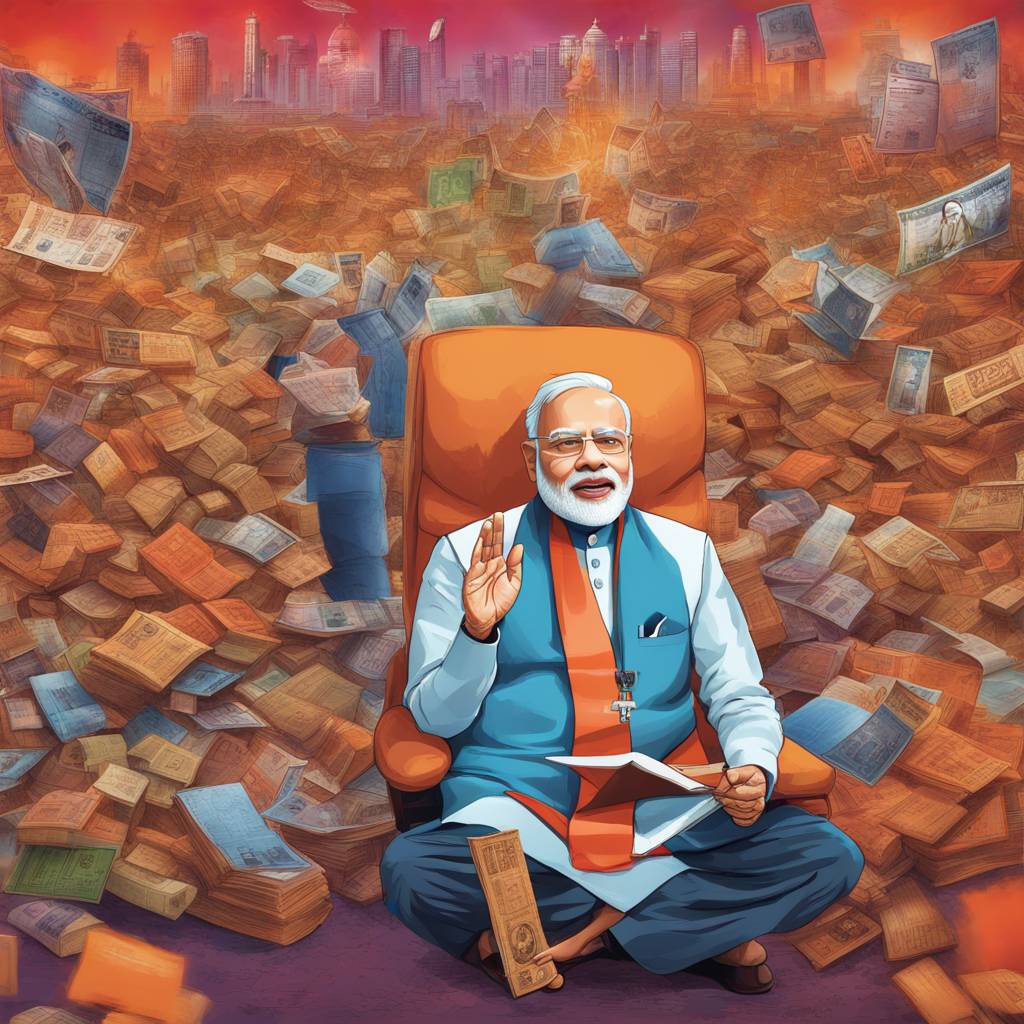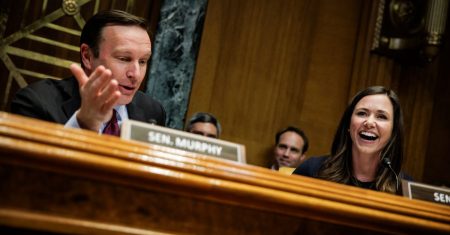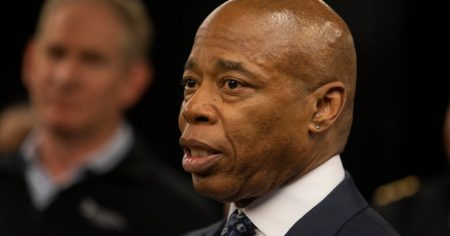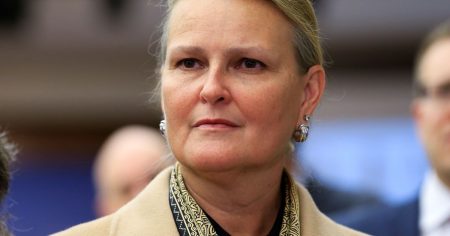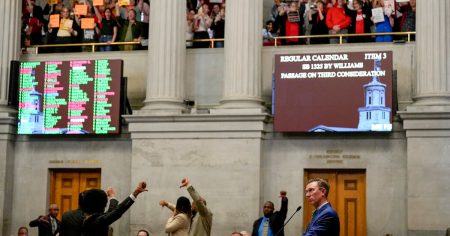In the years since Narendra Modi first took office as prime minister of India, the country has experienced significant economic growth and development. The stock market has tripled in value, the economy has almost doubled in size, and the number of Indians with enough wealth to invest has increased. However, this economic growth has not been evenly distributed, with the majority of gains benefiting those at the top of the income ladder, while many still live in poverty. Welfare programs have helped improve conditions in rural areas, providing free grain, toilets, gas cylinders, and housing materials to those in need.
Despite India’s economic success, skepticism remains about the true extent of the growth, with some economists estimating lower growth rates than official statistics suggest. The Modi government has implemented various reforms to overhaul the country’s institutions and infrastructure, including digital advancements, tax reforms, and infrastructure development. While these changes have led to improvements in some areas, they have also created distortions and inequalities, particularly benefiting the largest corporations and wealthiest individuals.
The story of Gautam Adani, one of India’s richest individuals, exemplifies the risks associated with the concentration of corporate wealth and government influence. Adani’s conglomerate experienced significant growth under the Modi government but also faced accusations of fraud, leading to substantial financial losses. The close relationship between big businesses and the government has raised concerns about the unequal distribution of wealth and power in India’s economy.
Despite the challenges and inequalities present in India’s economy, the country’s ascent in the global economy seems inevitable. It has surpassed Britain to become the world’s fifth-largest economy and is expected to surpass Japan and Germany in the near future. Foreign investors are increasingly drawn to India’s consumer market, creating opportunities for economic growth and development. However, issues such as unemployment and underemployment remain significant challenges that need to be addressed to ensure a more equitable distribution of wealth and opportunities for all Indians.
Overall, Narendra Modi’s economic policies have reshaped India’s economic landscape, with a focus on infrastructure development, digital advancements, and tax reforms. While his governance style has been criticized for its centralization of power and lack of transparency, the economic growth and development that India has experienced under his leadership cannot be denied. The future of India’s economy remains promising, with opportunities for further growth and development, but challenges such as inequality and unemployment must be addressed to ensure a more inclusive and sustainable economic future.





